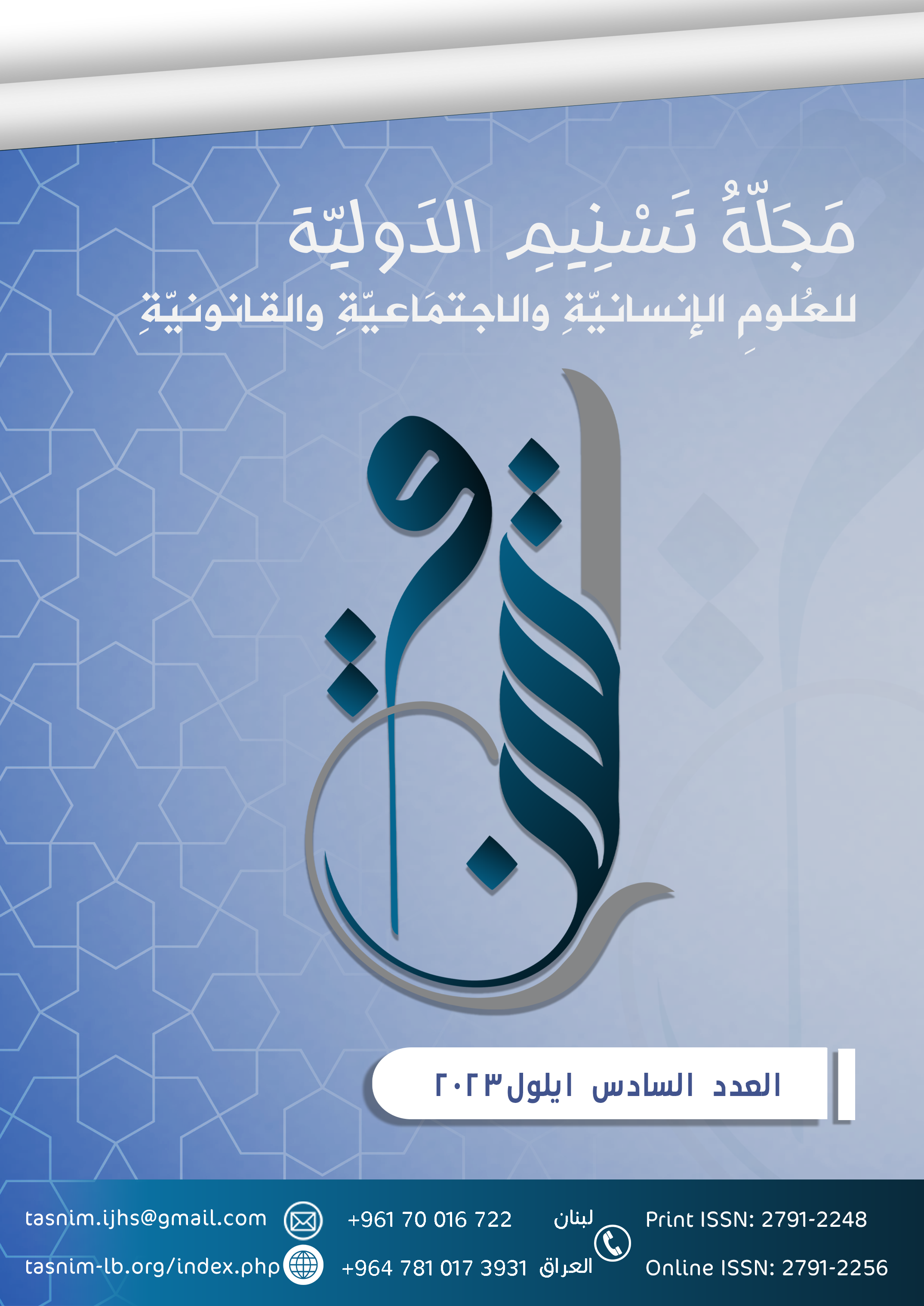Synonymy between Affirmative and Negative Statements: A Critical Inductive Study
DOI:
https://doi.org/10.56924/tasnim.6.2023/9Abstract
The advent of Islam and the descent of the revelation in an Arabic language clearly on a noble Arab prophet has greatly affected the Arabic language, and the Arabic language has characteristics that distinguish it from other languages acquired from the Holy Qur’an. The issue of synonymy in the Arabic language in general has sparked controversy among the people of the language, and one group has proven it and another denied it. Synonymy in terms of its existence or absence has occupied many linguists because it is related to the origin of our language, and in our large linguistic dictionary there are many synonyms and names for one meaning necessitated by the diversity of tribes, cities and other circumstances, and this is what the research is trying to reveal. Arabic linguists, jurists and fundamentalists paid great attention to the subject of linguistic synonymy, which prompted them to study it and search for its details in the language books and in the verses of the Holy Qur’an, after they noticed that people’s tongues use quite a few vocabulary that are close in meanings and different in terms, but in On the other hand, there are those who deny the existence of synonymy in the language under the pretext that the name is one, and the rest of the words are attributes of that name. And the proofs, and the third topic: examples from the Holy Qur’an, and the study concludes with a summary and then the sources.
Downloads

Downloads
Published
How to Cite
Issue
Section
License
Copyright (c) 2023 Tasnim International Journal for Human, Social and Legal Sciences

This work is licensed under a Creative Commons Attribution-NonCommercial-NoDerivatives 4.0 International License.





